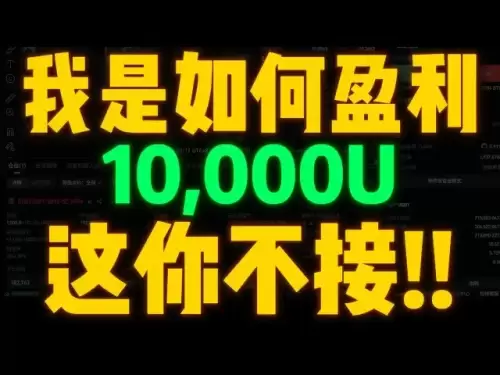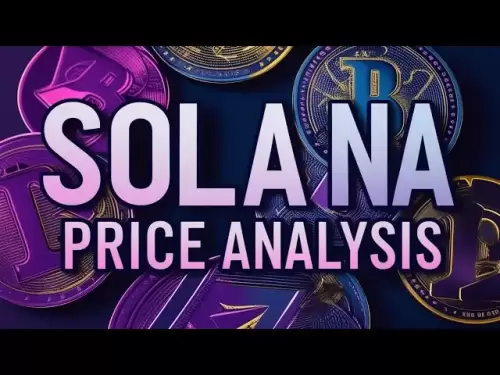Exploring the complex relationship between Bitcoin, cryptocurrency laundering, and China, focusing on recent cases and regulatory challenges.

Bitcoin, Crypto Laundering, and China: A Tangled Web
The intersection of Bitcoin, cryptocurrency laundering, and China presents a complex and evolving landscape. Recent events highlight the challenges faced by regulators and corporations alike in combating illicit activities in the digital asset space. This article dives into the key developments, trends, and insights surrounding this intricate issue, with a New Yorker's take on the situation.
The Beijing Tech Firm Case: A Wake-Up Call
A recent case involving a former employee of a Beijing-based tech firm serves as a stark reminder of the vulnerabilities inherent in corporate governance and digital asset oversight. Feng, the mastermind behind the scheme, embezzled approximately $19 million by exploiting reward mechanisms within a corporate application. The funds were then laundered through Bitcoin via offshore exchanges, employing coin-mixing techniques to obfuscate the trail. This case underscores the growing sophistication of cryptocurrency-related crimes and the challenges in tracing illicit flows, even with domestic restrictions on cryptocurrency trading in China.
Key Takeaways from the Case
- Insider Threat: Feng's insider access allowed him to bypass compliance checks, exposing weaknesses in corporate governance.
- Complexity of Laundering: The use of anonymizing tools and international networks complicates detection and asset recovery.
- Regulatory Challenges: Chinese authorities face difficulties in curbing illicit flows due to offshore exchanges and mixing services.
The Iurii Gugnin Case: A US Perspective
Contrast this with the case of Iurii Gugnin, a Russian national residing in New York, who is accused of laundering over $530 million through his cryptocurrency companies, Evita Investments and Evita Pay. Gugnin allegedly used the stablecoin Tether (USDT) to facilitate transactions for sanctioned Russian entities, bypassing US sanctions and export controls. This case highlights the global reach of crypto laundering and the potential for digital assets to be used for illicit finance.
Similarities and Differences
Both the Feng and Gugnin cases illustrate the potential for cryptocurrencies to be exploited for illegal activities. However, they also highlight the different regulatory environments and challenges in China and the US. While China has strict domestic restrictions on cryptocurrency trading, the US faces challenges in regulating cross-border transactions and preventing the use of stablecoins for sanctions evasion.
Broader Implications and the Need for Vigilance
These cases underscore the need for enhanced internal audits, stricter verification processes for high-value transactions, and real-time monitoring of digital asset movements. Corporations and regulators must collaborate to mitigate risks in the digital economy. As digital assets become increasingly integrated into financial ecosystems, proactive measures to close governance gaps will be essential in preventing similar cases.
A Bullish Market, Underperforming Funds, and Trade Truces?
While all this is happening, Bitcoin's price can be swayed by rumors of US-China trade truces, jumping on any hint of a tariff de-escalation. It's a rollercoaster, folks! Some crypto liquid funds are struggling to keep up, with a few even shutting down shop. But hey, that's the crypto world for ya – always something new and exciting (or terrifying) around the corner.
Final Thoughts: Navigating the Crypto Maze
The world of Bitcoin, crypto laundering, and China is a tangled web indeed. It's a space where innovation meets regulation, and where the potential for financial freedom is constantly challenged by the risks of illicit activity. So, buckle up, stay informed, and remember – always do your own research (DYOR), because in the crypto world, nothing is ever quite as it seems. And hey, maybe one day we'll all figure this thing out. Or maybe not. Either way, it's gonna be a wild ride!














































































